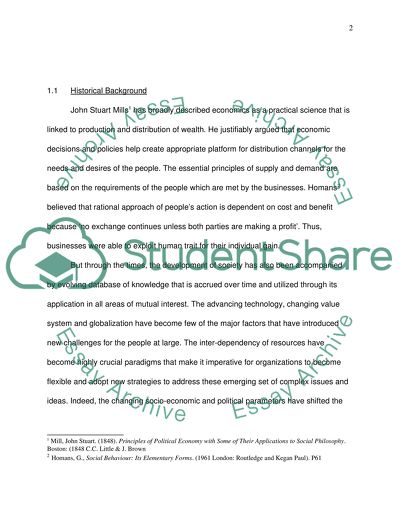Cite this document
(“Research Question: Is corporate social responsibility just a new trend Essay”, n.d.)
Retrieved from https://studentshare.org/environmental-studies/1414667-research-question-is-corporate-social
Retrieved from https://studentshare.org/environmental-studies/1414667-research-question-is-corporate-social
(Research Question: Is Corporate Social Responsibility Just a New Trend Essay)
https://studentshare.org/environmental-studies/1414667-research-question-is-corporate-social.
https://studentshare.org/environmental-studies/1414667-research-question-is-corporate-social.
“Research Question: Is Corporate Social Responsibility Just a New Trend Essay”, n.d. https://studentshare.org/environmental-studies/1414667-research-question-is-corporate-social.


